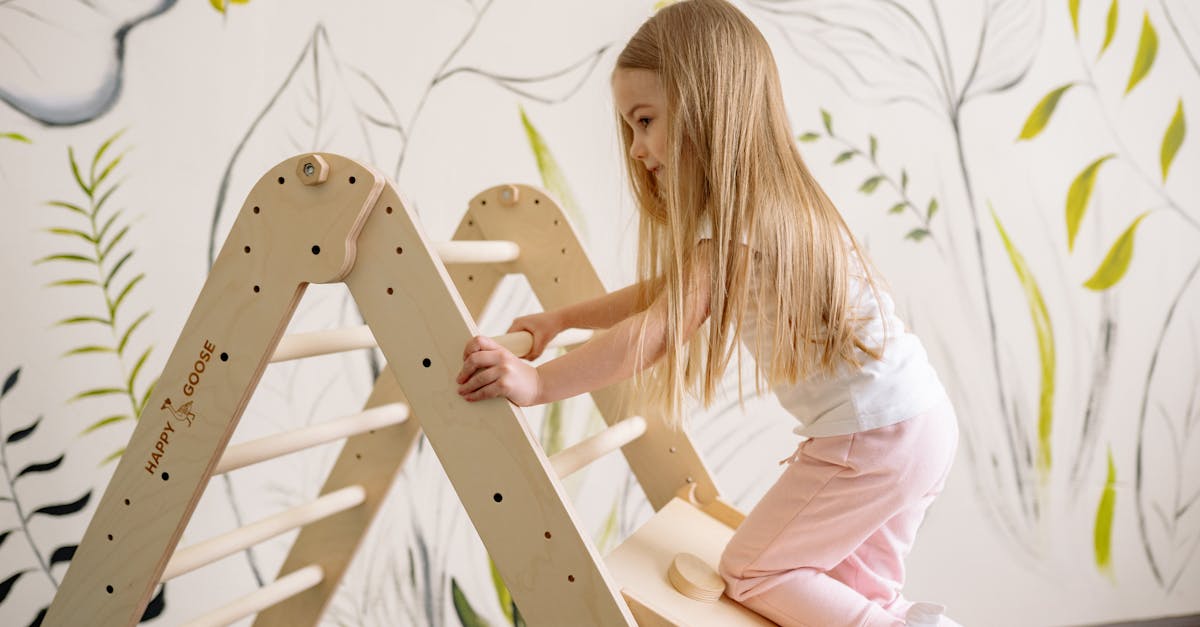Elevate Your Home Health Game
Introduction
In an era focused on well-being, crafting a health-centric home environment has become a pivotal pursuit. Our homes are sanctuaries that influence our physical and mental states and can greatly impact overall health and mood. From indoor air quality to technology-driven conveniences, there are countless ways to enhance living environments. With intentional choices and mindful habits, turning your home into a health powerhouse can be seamless, cost-effective, and incredibly rewarding. Beyond mere aesthetics, a healthy home fosters productivity, positivity, and safety. This article will guide you through actionable strategies to elevate your home health game.
Advertisement
The Power of Air Quality
Air quality plays a crucial role in our health, especially as we spend significant time indoors. Poor air quality can lead to respiratory issues, allergies, and a general lack of wellness. To improve indoor air, consider incorporating plants known for their air-purifying abilities, such as spider plants and snake plants. Investing in high-quality air purifiers can capture allergens, dust, and pollutants, providing clean and fresh air. Regularly ventilating your home by opening windows or using exhaust fans also helps to improve air circulation. With clean air, you're taking a fundamental step toward a healthier living space.
Advertisement
Embracing Smart Home Technology
Smart home technology can enhance convenience while contributing to a healthier environment. Devices like smart thermostats ensure your home maintains optimal temperature and humidity levels, preventing conditions that promote mold growth. Smart lighting systems can simulate natural lighting, positively influencing circadian rhythms and mood. Health-focused technology, such as air quality monitors and automated cleaning robots, can significantly reduce health risks related to allergens and toxins. Utilizing technology in moderation allows you to maintain an interconnected yet mindful living environment.
Advertisement
The Benefits of Decluttering
A clutter-free home isn't just visually appealing; it's beneficial for mental health. Physical clutter can lead to mental clutter, contributing to stress and anxiety. Implement organization systems, focusing on areas like closets, under-bed storage, and kitchen cabinets. Adopting a minimalistic approach can also encourage more conscious consumption habits. Regularly reviewing possessions ensures that your home remains a sanctuary aligned with personal well-being goals. Whether it's discarding seldom-used items or simply organizing an existing collection, the results can uplift your spirit and home energy.
Advertisement
Creating Comfortable Spaces
Comfort is crucial for a healthy home, with a focus on furniture that supports physical well-being. Ergonomic chairs and workstations can alleviate issues related to prolonged sitting. Soft textiles like cushions and throws provide warmth and relaxation. Opt for materials with natural fibers that offer breathability and comfort, preventing the accumulation of dust mites and allergens. Additionally, parameter improvements like noise reduction initiatives create restful environments fostering peace and quiet. In enhancing comfort, you set a stage for rejuvenation after bustling days.
Advertisement
Mindful Lighting Choices
Lighting significantly impacts both mood and physical health, acting as a mood enhancer and sleep regulator. Embrace natural light during the day, which can boost mood and productivity, while using artificial lighting solutions to simulate natural daylight patterns in the evening. Dimmers, warm-toned bulbs, and strategic placement of lights contribute to a cozy atmosphere that encourages relaxation. Investigate energy-efficient options like LED lights that are cost-effective and longer-lasting. Thoughtful lighting creates spaces that are both functional and nurturing.
Advertisement
The Role of Biophilia
Incorporating elements of nature into your home through biophilic design fosters a deeper connection to the environment. Natural materials like wood and stone and living features like plants can make spaces feel vibrant and alive. These natural details help reduce stress, improve cognitive functions, and enhance well-being leading to a harmonious living space. Interior water features, green walls, or even simple nature-themed décor pieces can foster serenity and balance. Biophilia is not just about aesthetics; it's a strategic choice for health and happiness.
Advertisement
Sound and Sleep Optimization
Achieving quality sleep is a cornerstone of health that can be nurtured by environmental factors. Consider soundproofing spaces to minimize auditory distractions that disrupt sleep patterns. White noise machines can mask disruptive environmental sounds, aiding relaxation. Organize sleep areas with blackout curtains and cool, subdued color palettes that promote restful sleep. Properly setting the stage for bedtime conditions fosters restorative slumber, which contributes significantly to mental and physical health.
Advertisement
Choosing Healthier Materials
Be discerning about the materials and products you bring into your home environment. Non-toxic paints, VOC-free finishes, and natural cleaning products reduce exposure to harmful chemicals. Investigate furniture and textiles that avoid toxic treatments, focusing on options made from sustainable resources. Earth-friendly insulation materials and energy-efficient appliances further ensure eco-friendly living spaces. In making conscientious material choices, you protect your home's health and contribute to broader environmental sustainability.
Advertisement
Summary
Transforming your home into a health sanctuary is within reach and involves several strategic yet simple steps. Enhancing air quality, leveraging smart technology, and prioritizing comfort are pivotal. Mindful choices related to decluttering, lighting, and material selection enrich your daily living environment. Embracing biophilia and optimizing sound and sleep conditions contribute to a balanced and regenerative space. Integrating these practices fosters an environment that supports well-being, productivity, and environmental awareness, establishing your home as a haven for health.
Advertisement


